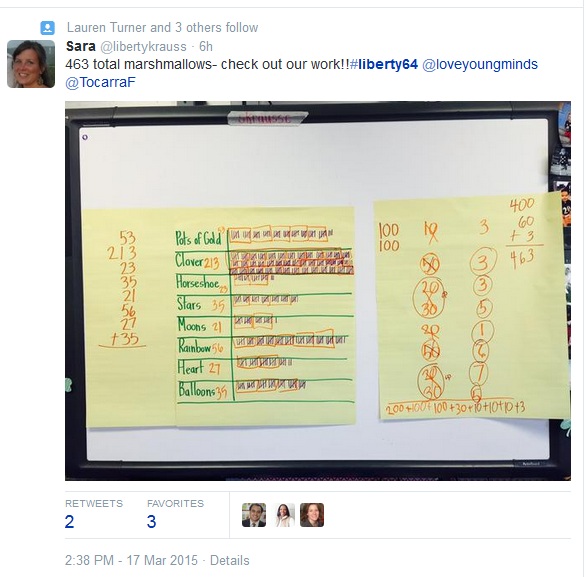Editor’s Note: The following blog is from John M. Holland, an NBCT and speaker at the Teaching & Learning conference that took place in Washington, D.C. on March 13-14. This conference reflection was also published on the Center for Teaching Quality blog and is reprinted with permission.
—
I heard the sound of a great gear clicking into place last weekend.
I attended the Teaching & Learning 2015 Conference with a sense of joyful calm. I knew I was presenting, but I also felt comfortable with what I was presenting. I didn’t have the added stress of being on a panel with someone like Linda Darling-Hammond like my friend Jose Vilson. But, of course, he rocked it, as you can see. What I did have was a sense of expectation. I attended T&L 2015 and made some wonderful new friends and reconnected with old ones, including Jonathan Gillentine who inspired my approach at this years’ conference.

